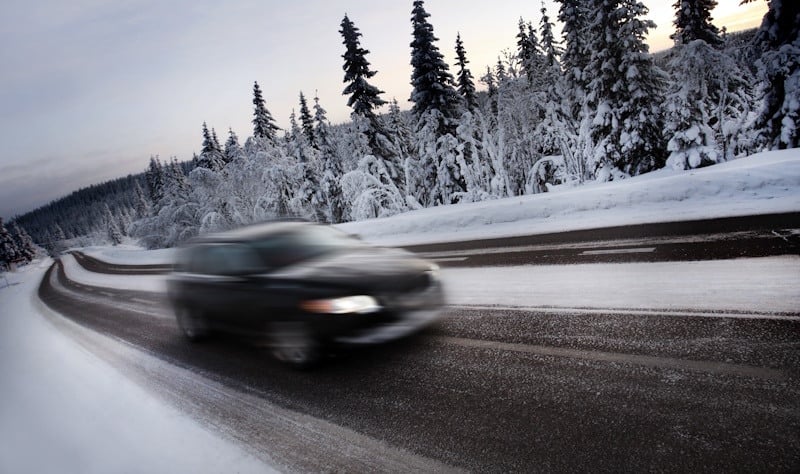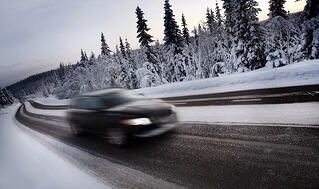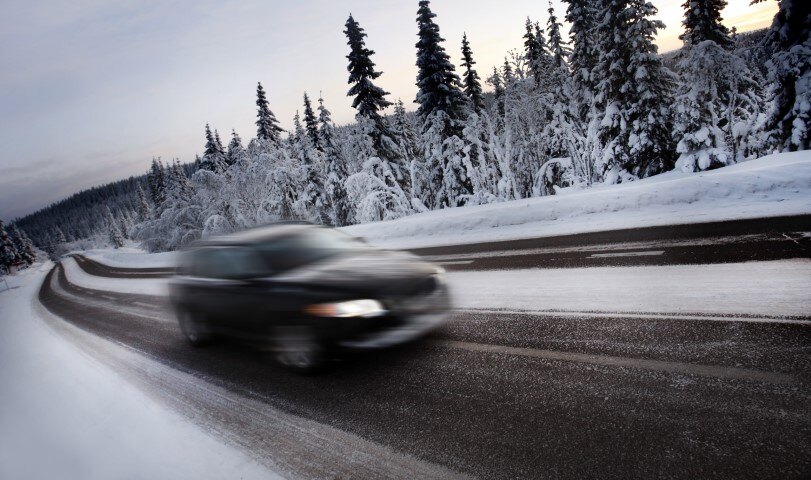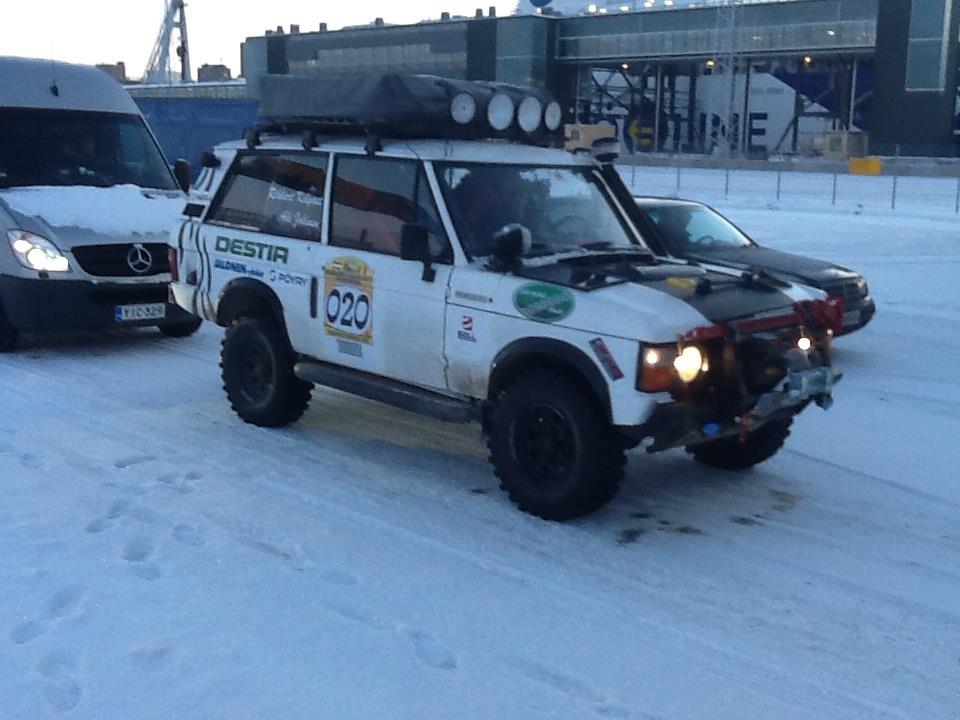What To Do When Your Car Hits 75,000 Miles?
The car & truck landscape looks very little like it was when we were growing up (or our parents). It used to be true that 100,000 miles were a...

Winter driving season is upon us, which means we know we have to drive differently. Over the years, there are certain assumptions we all have come to believe as the gospel truth, but which may not actually be as true as we thought all along. So we’re here to deflate some of these myths and, hopefully, make your winter driving experience just a little bit better this year and next.
 I confess, this is something I always thought as being true. And to be more accurate, we should say that this myth concerns four-wheel drive making a car absolutely safe to drive in the snow. All other things being equal, you ARE better off with four wheel drive vs. two wheel drive in snowy conditions.
I confess, this is something I always thought as being true. And to be more accurate, we should say that this myth concerns four-wheel drive making a car absolutely safe to drive in the snow. All other things being equal, you ARE better off with four wheel drive vs. two wheel drive in snowy conditions.
If you think about, of all the things that go on while driving in the snow or other hazardous driving conditions, what’s the most critical thing to be able to do? Stop the vehicle safely, of course. And there are important things that four wheel drive can’t do when it comes to driving in the snow. For one thing, it doesn’t make the vehicle easier to stop – this would be dependent on the tires and correct driving behaviors.
In fact, having the right tires is much more important than four wheel drive when it comes to stopping the car. Winter tires help a car stop 25-30% fast in snowy conditions than non-winter tires do. Keep in mind, we are talking specifically about winter tires, not all-season tires. All-season tires are good, but do not work as well in snowy conditions as winter tires do.
For some reason there’s this idea that you can use your parking brake to supplement a vehicle’s regular braking system in an emergency. But the reality actually runs counter to this. Auto engineers will tell you that if you engage the parking brake in what they might deem a “panic or emergency situation”, it actually makes the car harder to stop. This is because the car’s advanced anti-lock brake system gets negated when you engage the parking brake. If you run the parking brake in such a situation, you actually reduce the stopping ability of the vehicle.
If you find yourself in a panic situation, the best thing you can do as you’re trying to stop is to steer away from an obstacle.
This is an old school holdover from the days of more antiquated automobile technology. People used to think that they needed to let a car warm up in cold weather before they started driving it. This was before the days of computers and fuel injection, when the engine relied on “mechanical” fuel delivery. There seemed to be some benefit to helping the carburetor warm up to make it work properly.
These days, virtually all vehicles are computer-controlled and fuel-injected. And they can adjust for cold outside temperatures immediately, eliminating the need to warm a car up before driving. All it does is waste fuel and flood the atmosphere with excess carbon monoxide.
Stay safe driving this winter!
The car & truck landscape looks very little like it was when we were growing up (or our parents). It used to be true that 100,000 miles were a...

When the cold months arrive, your car performance seems to go on vacation. Starting is harder, performance is sluggish, and drivability is more...

The cold temperatures are here and bring with them certain hassles like frozen fuel lines. A frozen fuel line will stop an engine dead in its tracks,...